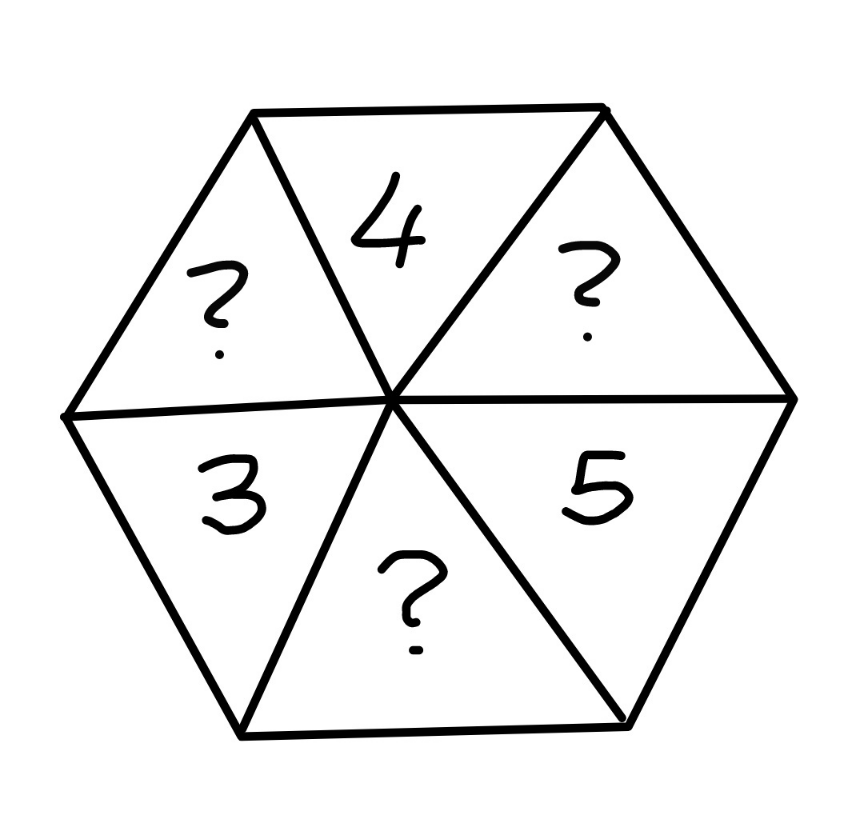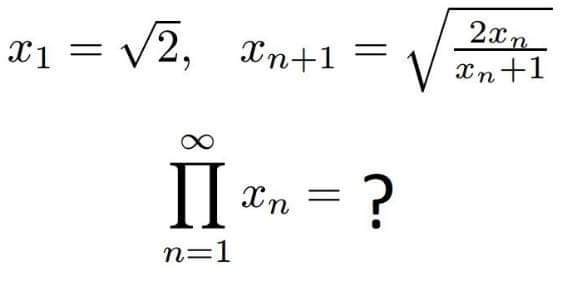
AllQuestion and Answers: Page 465
Question Number 173430 Answers: 0 Comments: 3

Question Number 173426 Answers: 0 Comments: 0
Question Number 173424 Answers: 1 Comments: 0
Question Number 173421 Answers: 0 Comments: 0
Question Number 173420 Answers: 1 Comments: 0

Question Number 173418 Answers: 1 Comments: 0

Question Number 173417 Answers: 0 Comments: 1

Question Number 173447 Answers: 0 Comments: 4
$${Find}\:\mathrm{tan}\:\left(\mathrm{142}.\mathrm{5}°\right)\:{without} \\ $$$${tables}. \\ $$
Question Number 173411 Answers: 1 Comments: 0
Question Number 173408 Answers: 1 Comments: 1

Question Number 173406 Answers: 0 Comments: 0
Question Number 173403 Answers: 0 Comments: 4

Question Number 173401 Answers: 0 Comments: 1
Question Number 173396 Answers: 1 Comments: 0
Question Number 173393 Answers: 0 Comments: 0
Question Number 173383 Answers: 1 Comments: 0

Question Number 173380 Answers: 1 Comments: 1

Question Number 173373 Answers: 1 Comments: 0

Question Number 173372 Answers: 1 Comments: 0

Question Number 173377 Answers: 1 Comments: 0
Question Number 173371 Answers: 0 Comments: 2
Question Number 173369 Answers: 1 Comments: 0

Question Number 173354 Answers: 0 Comments: 2
Question Number 173352 Answers: 1 Comments: 0

Question Number 173351 Answers: 1 Comments: 0

Question Number 173350 Answers: 1 Comments: 0

Pg 460 Pg 461 Pg 462 Pg 463 Pg 464 Pg 465 Pg 466 Pg 467 Pg 468 Pg 469
